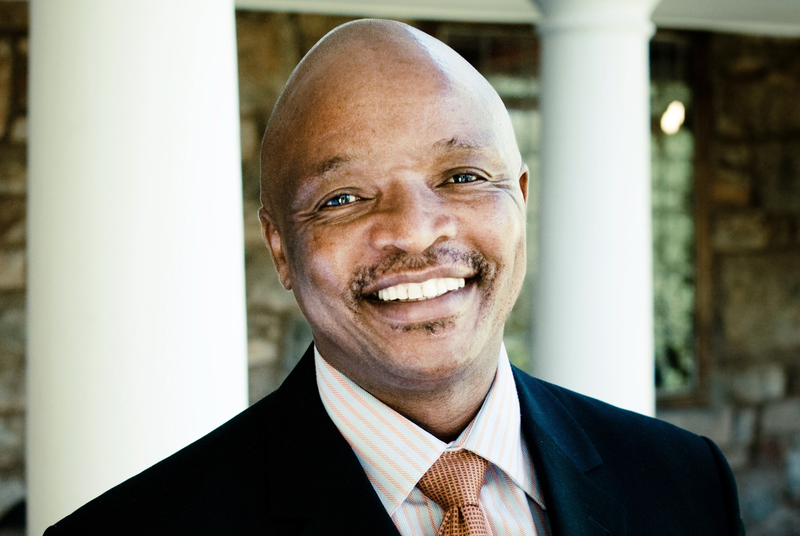Statement of Council on the Report of the Institutional Reconciliation and Transformation Commission (IRTC)
28 June 2019 | From the Chair’s Desk
Dear members of the campus community
The IRTC which published its report earlier in the year, has now concluded its important and historic task. Council, on behalf of the university community, would like to express its sincere gratitude to the IRTC Commissioners – Dr Mosibudi Mangena, Judge Zak Yacoob, Dr Yvette Abrahams, Dr Malose Langa, and Ms Yasmin Sooka – for making themselves available and for their willingness to grapple with a very complex set of issues during a very contentious time in the history of the university.
The UCT Council is similarly grateful to the IRTC Steering Committee which was made up of representatives from 16 different UCT constituencies. They put an immense amount of time and effort into the process and, while meetings were often challenging, the Steering Committee nevertheless remained committed to the process.
Council would also like to express its appreciation to the previous executive of UCT under Dr Max Price for the courageous step of enabling the university to hold a mirror to itself, even when they knew it carried the risk of raising uncomfortable truths that we would all have to deal with. The mixed reactions to the report must be read in this context.
On Saturday, 22 June, Council in considering the IRTC report was assisted by recommendations of the IRTC Steering Committee. Council also welcomed the advice of the Vice-Chancellor and her executive on how the university should take forward the work of the IRTC and its recommendations.
Council noted the varied responses to the report of the IRTC from the different constituencies, with some disagreeing with one or more aspects of the report. These different accounts and interpretations of the challenges facing the institution will be published together with the IRTC report in order to enrich what is likely to be ongoing conversations about transformation and reconciliation in our university.
This diversity of views is unsurprising given the contested nature of the events and environment which the IRTC investigated. Council noted that the brief of the IRTC was extensive and thoroughgoing. Disappointingly, the levels of UCT stakeholder participation were poor.
Council noted the IRTC’s highlight of the pain of racism and gender-based discrimination experienced by some in our institution. Whilst disturbed by the persistence of these unacceptable practices, Council is unsurprised, after all UCT is a microcosm of a country where after many years of confronting this scourge, it remains a serious societal challenge. We remain resolute in our determination to defeat it, working together as a community.
Council was pleased to note that many of the IRTC’s recommendations are consistent with the transformation initiatives that are already underway at the university. This is a strong affirmation of the efficacy of our efforts.
Council agreed that while some of the findings of the report might be contested, there was clearly more work that needed to be done by the university in achieving both transformation and reconciliation.
Council resolved to adopt the recommendations of the IRTC subject to the issues raised on record by the current UCT executive.
Council also resolved, in the interest of reconciliation and given the passage of time, that regarding the matter of outstanding student disciplinary cases (as recorded in the case files of the University Student Disciplinary Tribunal) dating back to 2016 and 2017 which had been put on hold pending the IRTC process, these cases be withdrawn.
Council remains committed to a continuous process of building a more inclusive UCT.
Sincerely
Sipho M Pityana
Chair of UCT Council
Read previous communications:
 This work is licensed under a Creative Commons Attribution-NoDerivatives 4.0 International License.
This work is licensed under a Creative Commons Attribution-NoDerivatives 4.0 International License.
Please view the republishing articles page for more information.










